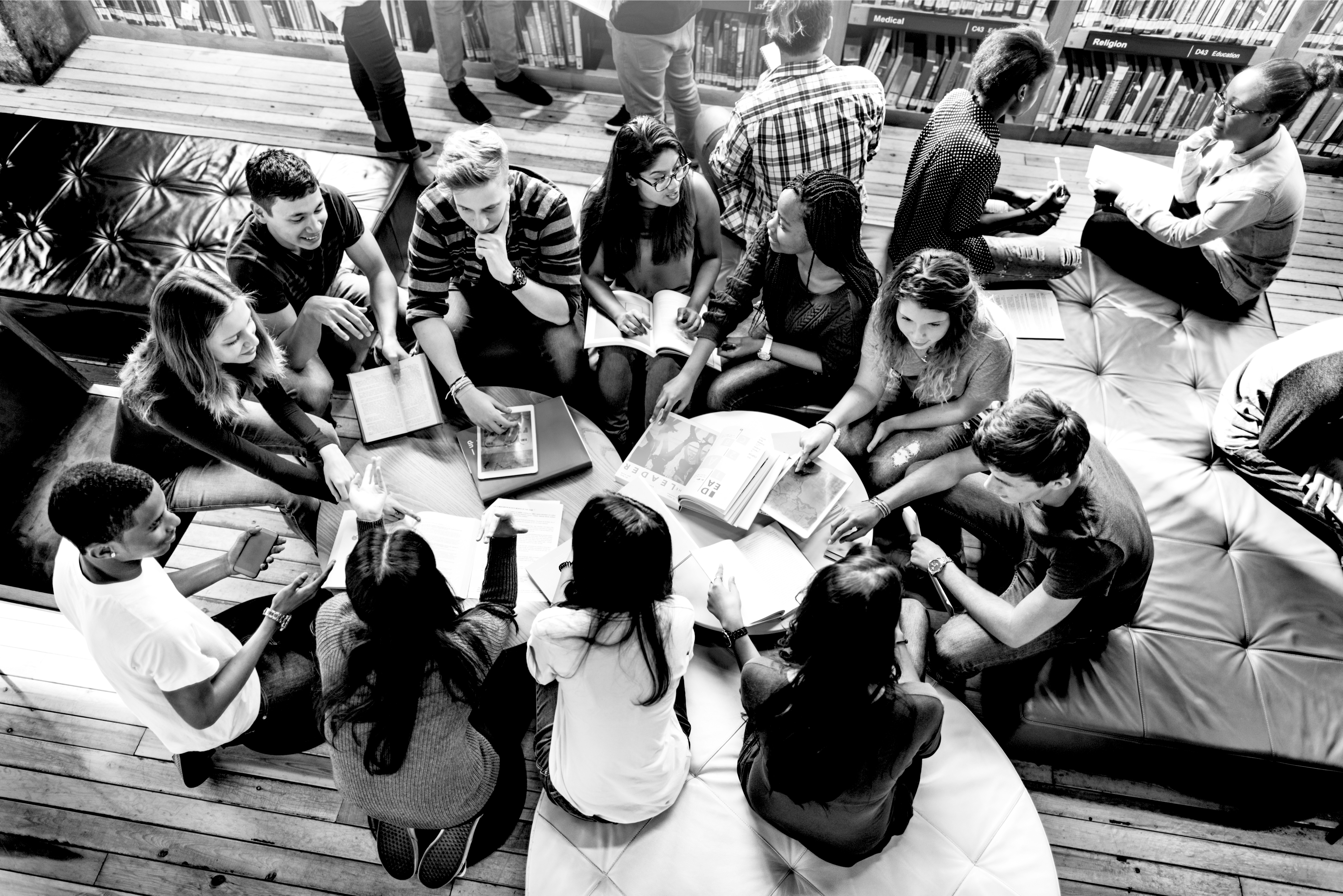I sat on a World Economic Forum Global counsel for 2 years. A group of 35 experts in their fields gathered to discuss the issues relating to Economic growth and social inclusion. Many economists still believe constant economic growth is the only way forward, that we need to keep fuelling the system.
But let’s press ‘pause’ and see where this approach has got us so far. Governments are printing money and debt builds up. Companies are using more and more technology, employing fewer people, resulting in less social taxes. Governments get poorer and individuals get richer. These Companies also have a small number of individuals holding shares that accelerates the polarisation of wealth. Jeff Bezos, Bill Gates, and Mark Zuckerberg are worth more than the GDP of most small and some medium-sized countries.
We rely on the good will of the Gates Foundation to distribute his wealth in a responsible way. But what if he decided to use his money to fund extremist groups or even establish his own army? We have returned to an era where feudal overlords dictate terms to the serfs, and governments are powerless to act. We cannot rely on Zuckerberg to do the right thing and donate his wealth responsibly. So the only way forward is to ensure that it is not possible for individuals to hold such a disproportionate amount of money in the first place.
The growth mindset has become so normal in business it drives sensible leaders to do crazy things simply to be able to show they can grow. Companies acquire other companies and that strategy fails 90% of the time. The acquired businesses usually either start to fail and get sold or die. They rarely return the investment. If you acquire for reasons other than pure growth, e.g. enhanced technology to support your existing business, there is a chance it can work with the right approach to integration and the right culture fit of people.
Companies expand overseas in order to please analysts that they are expanding their business. The fact is that within 20 years they usually have to retrench to their home markets as the distraction of trying to generate sales and profitable growth overseas draws too much on their domestic market and they start to lose ground to competitors. Foreign companies trying to win in China, India or Japan have had to face big cultural, legal and operational barriers. The arrogance of Western companies in Asia has resulted in most of them eventually fading, cutting their losses and leaving, sometimes after decades of trying.
The high street fashion industry is rotating its stock every 2 weeks to feed the teen machine. This results in massive stock overruns that goes to landfill or Africa resulting in their local textile industry failing due to being flooded with cheap redundant clothes. The result is a disaster for the environment and an unhealthy disposable mindset culture.
Supermarkets throw away billions of dollars of food every week, and yet people are starving and going to food banks in increasing numbers even in countries like the UK. Our global supply chains are trying to drive higher and higher consumerism which creates a never-ending loop of food and other waste, overuse of plastics for packaging and transport, and massive carbon footprint with air freighting of low shelf life products. We are on an endless treadmill to disaster.
It is clear we require a radical shift in the way we run our world. Governments and business need a new social and economic model, one that allows people to do meaningful work, have a good living wage, and a good standard of living. Care needs to be taken of our surroundings so that it is possible for everyone to enjoy time to relax and be happy with their families in pollution-free air. Global cooperation is required to deal with natural disasters and be responsible for the health of our air, seas, water and earth to allow all life to be able to continue, not driven to extinction.
What is wrong with economic sustainability not growth, where small and medium sized companies are rewarded for maintaining a healthy cashflow and balance sheet year after year? Companies beyond a certain size would be forced to break up and share ownership, with a wealth tax of 100% once an individual goes beyond, say, 1bn$ net worth.
Are we confident that the government will spend our money wisely? Not really, but at least there is a degree of transparency on where money is going even if you don’t agree with the destination.
So instead of constantly striving for growth, let’s take an equilibrium approach that takes account of a growing population in some parts of the world but a generally declining one in mature economies. We plant more trees than we cut down, we reduce consumerism, and we do not strive for economic growth, but rather a less wasteful and more imaginative distribution of the resources we currently have at our disposal. We buy higher quality and less volume. We try to repair rather than dispose. We reward companies who create jobs for people with meaningful work. We tax companies using a ratio connecting revenues to employees – the more people you train and employ, the lower the tax. And all publicly listed companies should have a tax-friendly share ownership scheme, one that spreads the wealth of companies more evenly across its employees.
If we could put all those programs together, we might actually be able to build a more sustainable and more equitable world.





